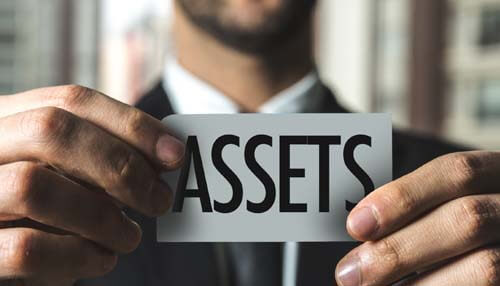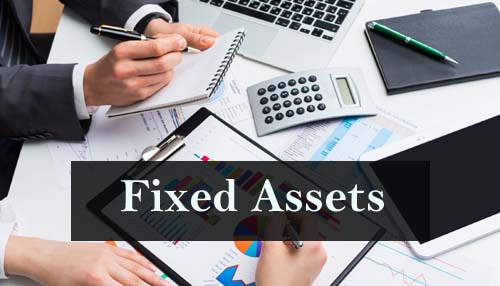Introduction
Anything of value that your company holds is considered an asset. Your balance sheet will always include assets, which should be categorized by category. Your stuff and your computer are both assets, and they should both be listed as such. In this article, we are going to talk about the different types of assets for your business. Continue reading to learn everything about the different types of assets for your business organization.
What are the Assets, Exactly?
The legal meaning of the asset changes as per its usage in different business sectors. An asset is a valuable resource because you own or rent and used it to operate your firm. These assets can be material goods like computers and little amounts of money or intangible assets like goodwill, prestige, and brand recognition.
In accounting, assets that you can trade, turn into cash, or employ to create value are referred to as assets. Your merchandise, bank account numbers, accounts receivable, pre-paid expenditures, etc. are a few examples.
Asset accounts play a significant role in the balance sheet of your company. Assets might fit into a variety of categories based on how you view them.
Defining the Different Types of Assets
The following are some of the major types of assets:
1. Current Assets
Current assets are categorized according to how readily an asset may be turned into cash, or how changeable they are. Among current assets are:
- Cash balances
- currency equivalents
- Inventory
- Accounts Receivable
Current assets are those that can typically be converted into cash in less than a year.
2. Non-current or fixed assets
The ease with which they can be turned into cash also distinguishes fixed assets, often known as non-current assets. The sole proprietor has complete authority on the usage of these assets. Any one of the following are examples of fixed assets, which are typically expensive goods kept for longer than a year.
- Buildings
- Machinery
- Patents
- Copyrights
- Equipment
- Vehicles
- Land
An asset should be regarded as a fixed asset whenever it cannot be readily turned into cash.
3. Tangible Products
Based on their characteristics, assets can be classified as either physical or digital if they are tracked based on their physical existence. These are all examples of tangible assets:
- Cash
- Machinery equipment
- Inventory
- Marketable securities
A tangible asset is something that you own that is physically present.
4. Tangible Resources
Intangible assets do not have a physical existence, unlike real assets, which have materialistic things that can be touched. The following items can be considered intangible assets.
- Copyrights
- Licenses
- Patent
- Trademarks
- Goodwill
Intangible assets don’t have any physical attributes, but they can be quite valuable.
5. Operating Costs
You can categorize assets as operational or non-operating assets depending on how they will be employed in your company. Several illustrations of operating assets are as follows:
- Cash accounts
- Copyrights
- Accounts receivable
- Patents
- Inventory
These items are regarded as working assets if they are regularly utilized by your company.
6. Inactive or Non-Operating assets
Non-operating assets are those that you possess but are not regularly used in your firm. Non-operating assets consist of the following:
- Vacant land
- Short-term financial investments
- Marketable securities
Even if they still have value, these resources would be categorized as non-operating assets because they are not utilized in the ordinary course of events. Financial investments benefit a lot.
Conclusion
Any firm needs assets, so it’s critical that they are maintained and kept appropriately. Of course, employing accounting software is the best method to keep track of assets, and even if you’re simply logging transactions, it’s crucial that they’re maintained properly. If you are a sole proprietor, you should get it recorded by officials.
Keep in mind that a business cannot exist without assets.



